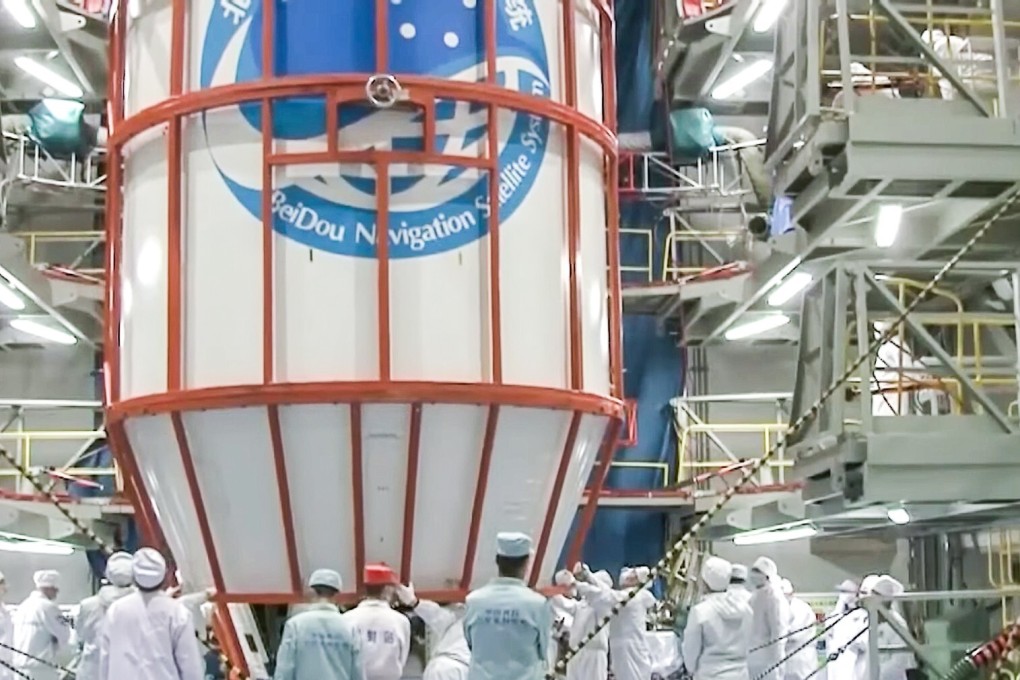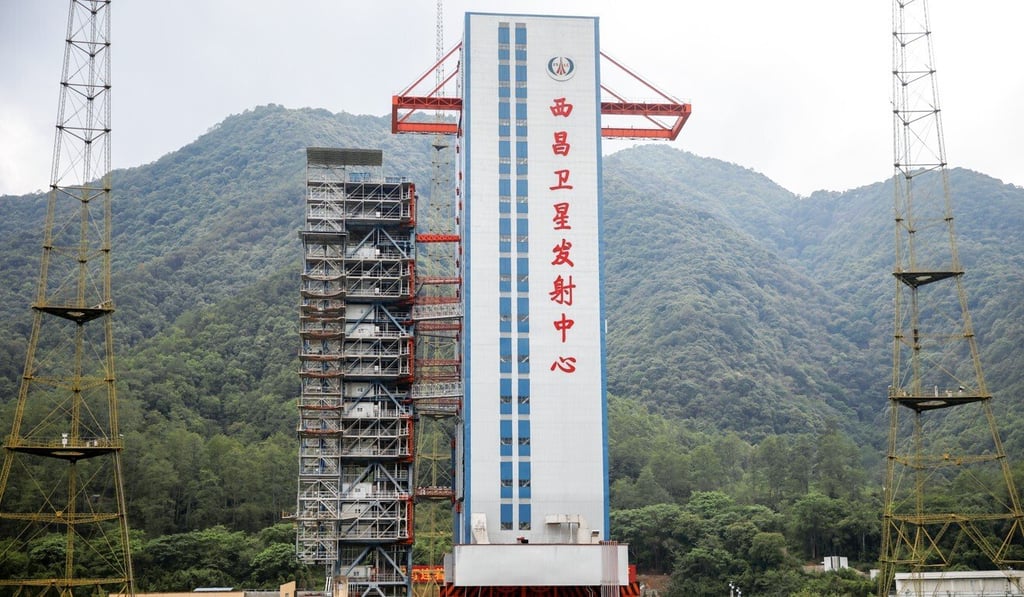Delay to launch of final satellite in China’s BeiDou navigation network
- Technical problems discovered with the Long March 3B rocket carrier during a routine pre-launch check
- Developing the BeiDou system reflects China’s drive to end its reliance on Western technologies, analyst says

China delayed launching the last of the BeiDou-3 satellites into orbit after finding “technical problems” in the rocket carrier, state news agency Xinhua reported on Tuesday.
The problems were discovered during a routine check before lift-off from the Xichang Satellite Launch Centre, in the southwestern province of Sichuan. Xinhua did not give details of the cause.
The carrier for the launch – which was scheduled for around 10.30am on Tuesday depending on the weather – was the Long March 3B rocket, China’s main rocket for putting communications satellites into orbit.

The satellite is the final and 30th of the third generation of the BeiDou navigation system, China’s answer to the Global Positioning System (GPS), which is owned by the United States government and is run by the US Air Force. The development of BeiDou began in the 1990s when China’s military recognised a need to build a navigation system independent of GPS.
According to Alex Joske, an analyst at the Australian Strategic Policy Institute’s Cyber Policy Centre, a completed constellation would help in China’s pursuit of independent navigation technology.
“The greater self-reliance that a fully fledged BeiDou system would give China, and the People’s Liberation Army (PLA) in particular, [is] a reflection of the Communist Party’s ongoing drive to decouple itself from Western critical technologies,” he said.